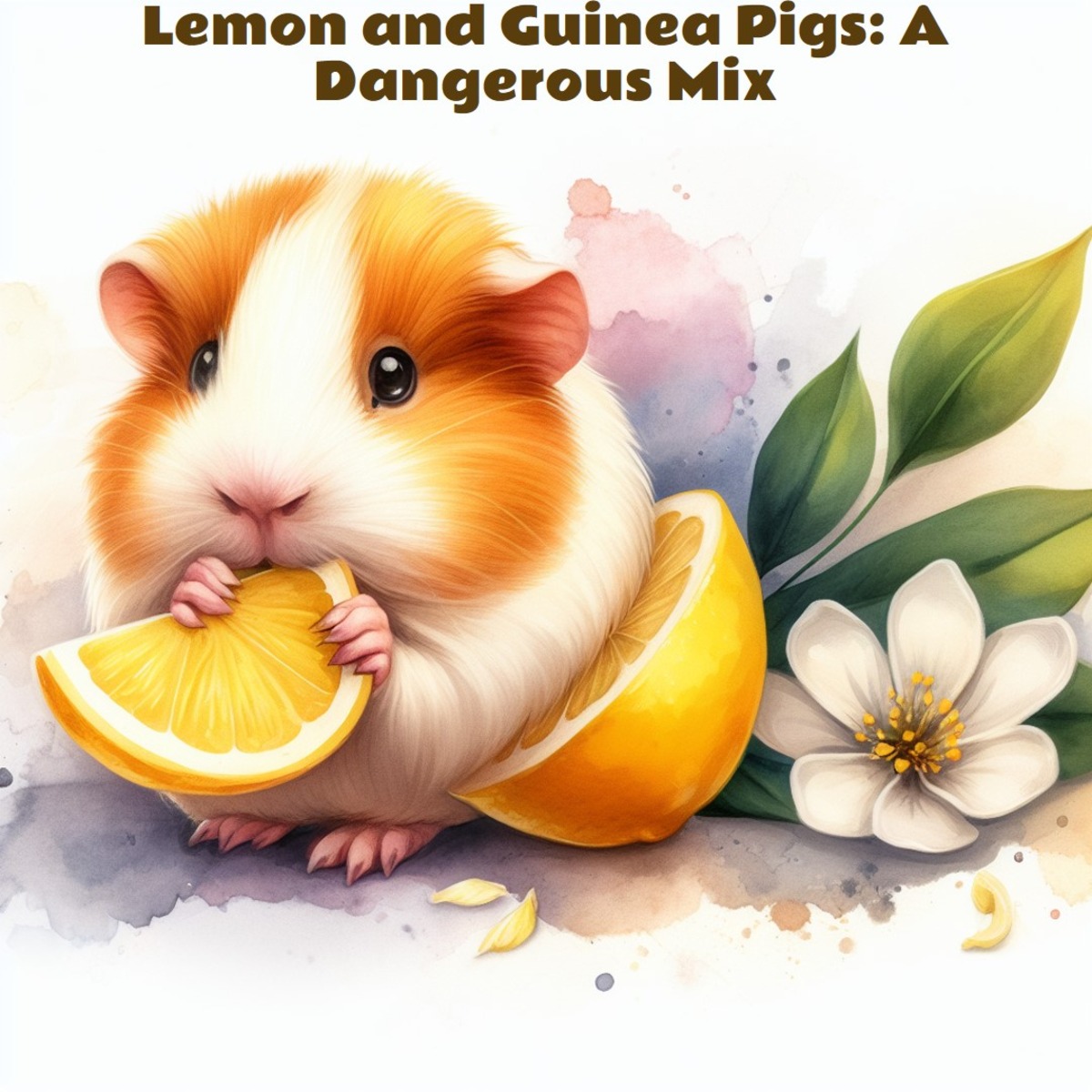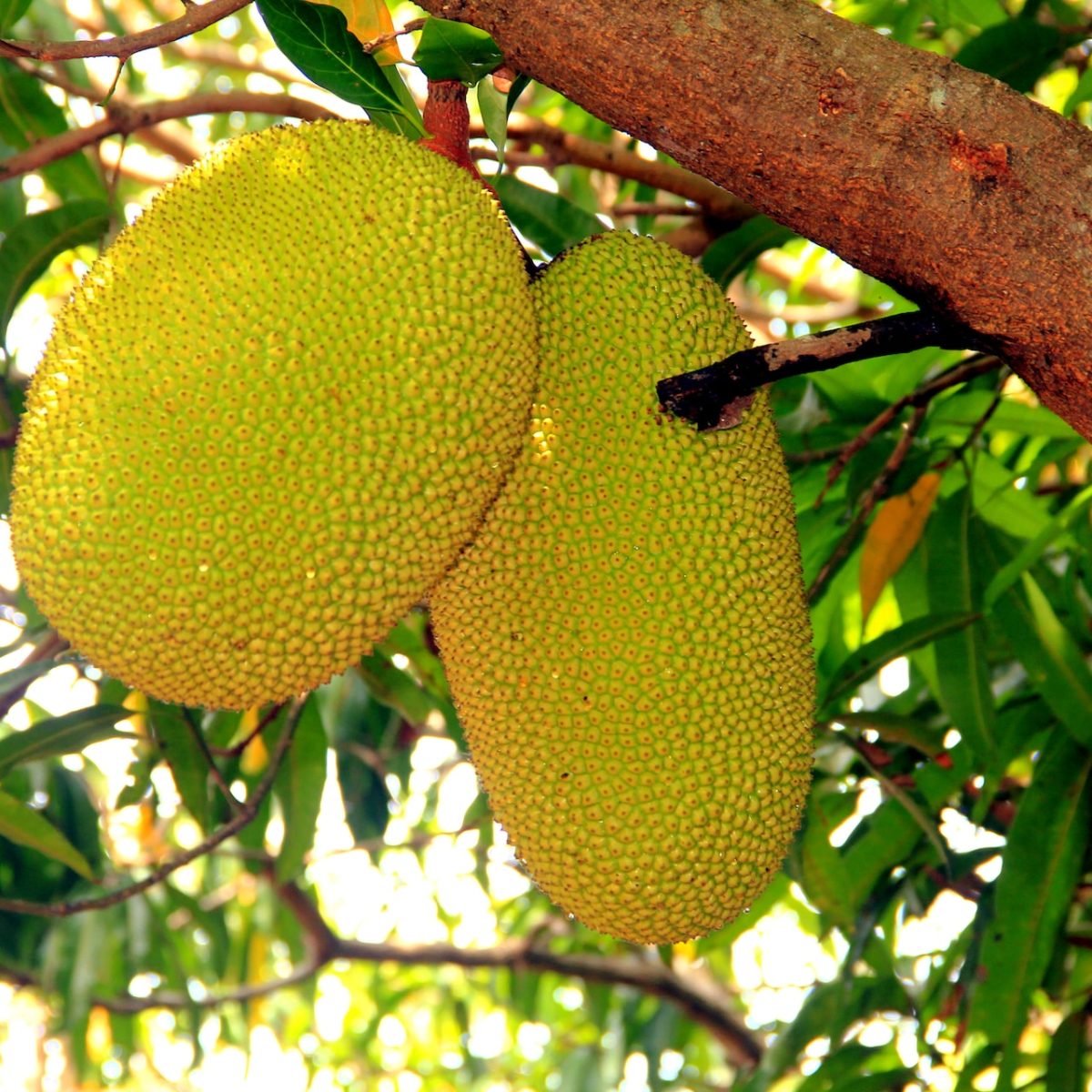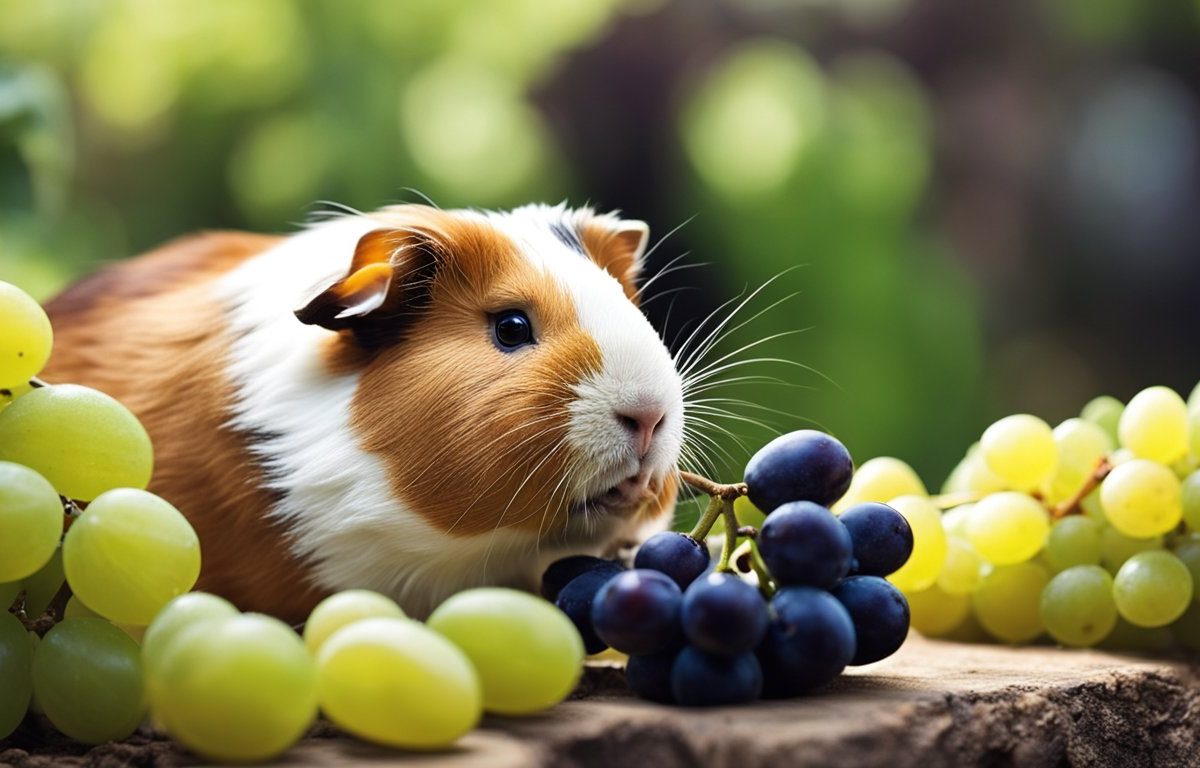Lemon is a citrus fruit that has a sour and refreshing taste. It is rich in vitamin C, which is essential for the health of guinea pigs. However, can guinea pigs have lemon as a snack or treat? Is lemon safe for guinea pigs to eat?
The short answer is no, guinea pigs should not have lemon. Although lemon is not toxic to guinea pigs, it is too acidic and can cause various health problems for them. In this article, we will explain why lemon is bad for guinea pigs, what are the possible consequences of feeding them lemon, and what are some alternative fruits that are safe and healthy for them.
Key Takeaways
- Lemon is too acidic for guinea pigs and can cause mouth sores, digestive issues, and skin irritation.
- Lemon also contains sugar, calcium, and phosphorus, which can lead to obesity, diabetes, urinary stones, and dental problems in guinea pigs.
- Guinea pigs need vitamin C, but they can get it from other fruits and vegetables that are less acidic and more suitable for them.
Why Is Lemon Bad for Guinea Pigs?
Lemon is bad for guinea pigs for several reasons. First of all, lemon is very acidic, with a pH level of around 2. This is much lower than the optimal pH level of the guinea pig’s digestive system, which is around 6.5. When guinea pigs eat lemon, the acid can upset their stomach and cause diarrhea, vomiting, and loss of appetite. The acid can also damage the lining of their mouth and esophagus, causing painful sores and ulcers. Moreover, the acid can irritate their skin and mucous membranes, leading to inflammation, itching, and redness.
Secondly, lemon contains sugar, calcium, and phosphorus, which are not good for guinea pigs in large amounts. Sugar can cause obesity, diabetes, and dental problems in guinea pigs, as they are not able to metabolize it well. Calcium and phosphorus can cause urinary stones and bladder infections in guinea pigs, as they are prone to developing these conditions. Therefore, guinea pigs should avoid foods that are high in sugar, calcium, and phosphorus, such as lemon.
Thirdly, lemon contains a compound called psoralen, which can be toxic to guinea pigs if ingested. Psoralen is a photosensitizer, which means that it makes the skin more sensitive to sunlight. When guinea pigs eat lemon, they can develop sunburns, rashes, and blisters on their skin, especially if they are exposed to direct sunlight. Psoralen can also affect the liver and kidneys of guinea pigs, causing organ damage and failure.
What Are the Possible Consequences of Feeding Guinea Pigs Lemon?
If you feed your guinea pigs lemon, you may notice some of the following signs and symptoms:
- Sudden onset of vomiting and/or diarrhea
- Lethargy or weakness
- Loss of appetite
- Dehydration
- Muscle twitching or seizures
- Difficulty breathing
- Mouth sores or ulcers
- Skin irritation or inflammation
- Runny eyes, nose, or sneezing
These signs indicate that your guinea pigs are suffering from lemon poisoning, which can be fatal if not treated promptly. If you see any of these signs, you should immediately contact your veterinarian and seek emergency care. Your veterinarian may perform some tests to diagnose the condition and administer some medications to counteract the effects of the acid, sugar, calcium, phosphorus, and psoralen. Your guinea pigs may also need fluid therapy, pain relief, and wound care.
What Are Some Alternative Fruits for Guinea Pigs?
Guinea pigs need vitamin C, as they cannot produce it on their own. Vitamin C deficiency can cause scurvy, a disease that manifests with bleeding, swelling, anemia, and weakness. Lemon is a good source of vitamin C, but it is not suitable for guinea pigs due to its acidity and other harmful components. Fortunately, there are many other fruits that are safe and healthy for guinea pigs, and that can provide them with enough vitamin C. Some of these fruits are:
- Apple: Apple is a sweet and crunchy fruit that guinea pigs love. It is low in acid and high in fiber, which is good for their digestion. It also contains vitamin C, potassium, and antioxidants, which are beneficial for their health. However, apple also contains sugar, so it should be given in moderation and without the seeds, as they can be toxic to guinea pigs.
- Banana: Banana is a soft and creamy fruit that guinea pigs enjoy. It is low in acid and high in potassium, magnesium, and vitamin B6, which are important for their nervous system. It also contains vitamin C, but not as much as other fruits. Banana also contains sugar and starch, so it should be given sparingly and occasionally, as it can cause weight gain and constipation in guinea pigs.
- Blueberry: Blueberry is a small and juicy fruit that guinea pigs like. It is low in acid and high in vitamin C, which is essential for their immune system. It also contains antioxidants, which can protect their cells from oxidative stress. Blueberry also contains sugar and calcium, so it should be given in small amounts and not too often, as it can cause obesity and urinary problems in guinea pigs.
- Kiwi: Kiwi is a tropical and tangy fruit that guinea pigs appreciate. It is low in acid and high in vitamin C, which is more than enough for their daily requirement. It also contains vitamin K, folate, and fiber, which are good for their blood, metabolism, and digestion. Kiwi also contains sugar and oxalates, so it should be given moderately and infrequently, as it can cause diabetes and kidney stones in guinea pigs.
- Strawberry: Strawberry is a bright and sweet fruit that guinea pigs adore. It is low in acid and high in vitamin C, which is vital for their skin and bones. It also contains antioxidants, which can prevent inflammation and infections. Strawberry also contains sugar and seeds, so it should be given sparingly and rarely, as it can cause dental problems and intestinal blockages in guinea pigs.
These are some of the fruits that you can give to your guinea pigs as a treat or supplement. However, you should always remember that fruits are not the main part of their diet, and that they should only make up 5% of their daily intake. The main part of their diet should be hay, which should make up 80% of their daily intake. Hay is the best food for guinea pigs, as it provides them with fiber, minerals, and dental care. The remaining 15% of their diet should be fresh vegetables, such as lettuce, cucumber, carrot, and bell pepper, which can provide them with vitamins, water, and variety.
Conclusion
Lemon is a fruit that has many health benefits for humans, but not for guinea pigs. Guinea pigs should not have lemon, as it is too acidic and can cause mouth sores, digestive issues, and skin irritation. Lemon also contains sugar, calcium, phosphorus, and psoralen, which can lead to obesity, diabetes, urinary stones, and organ damage in guinea pigs. Guinea pigs need vitamin C, but they can get it from other fruits that are less acidic and more suitable for them, such as apple, banana, blueberry, kiwi, and strawberry. However, fruits should only be given as a treat or supplement, and not as a main part of their diet. The main part of their diet should be hay, which should make up 80% of their daily intake. The remaining 15% of their diet should be fresh vegetables, which can provide them with vitamins, water, and variety.
Frequently Asked Questions
- Can guinea pigs eat lemon leaves or peel? No, guinea pigs should not eat lemon leaves or peel, as they are also acidic and can cause the same problems as the fruit. Lemon leaves and peel also contain essential oils, which can be toxic to guinea pigs if ingested. Therefore, you should avoid giving your guinea pigs any part of the lemon plant.
- Can guinea pigs drink lemon juice or water? No, guinea pigs should not drink lemon juice or water, as they are also acidic and can cause the same problems as the fruit. Lemon juice and water also contain sugar, which can cause obesity and diabetes in guinea pigs. Therefore, you should only give your guinea pigs plain and fresh water, which is the best drink for them.
- How much vitamin C do guinea pigs need? Guinea pigs need on average about 10-20 mg of vitamin C per day, depending on their age, size, and health condition. However, this amount can vary depending on the quality and quantity of their food. Therefore, you should always check the label of the food you are giving to your guinea pigs, and make sure that it contains enough vitamin C. You can also supplement their diet with vitamin C-rich fruits and vegetables, but only in moderation and occasionally. You should not give your guinea pigs vitamin C tablets or drops, as they can overdose on them and cause harm.








